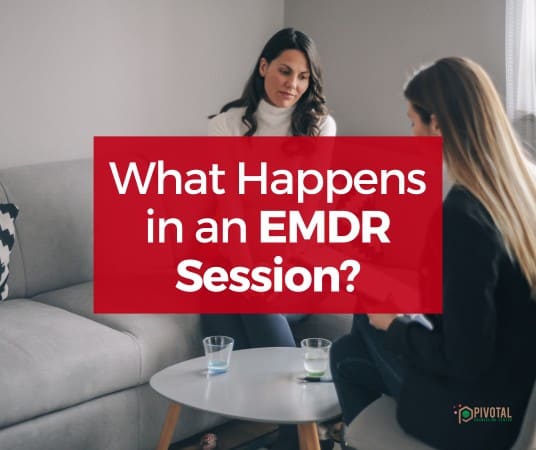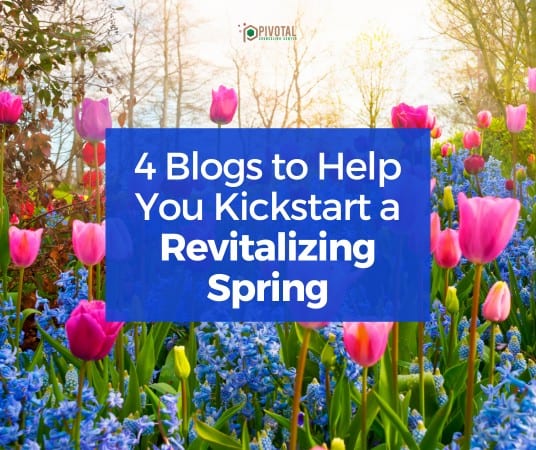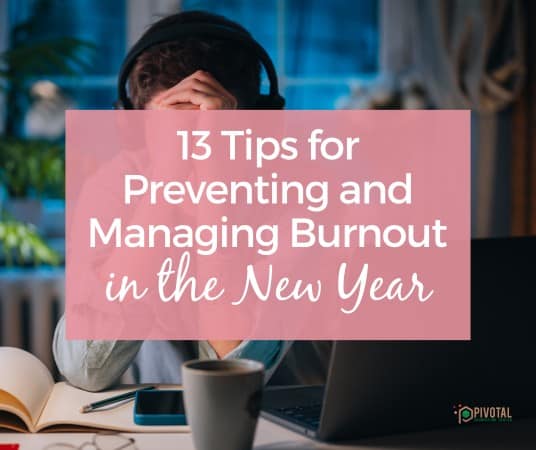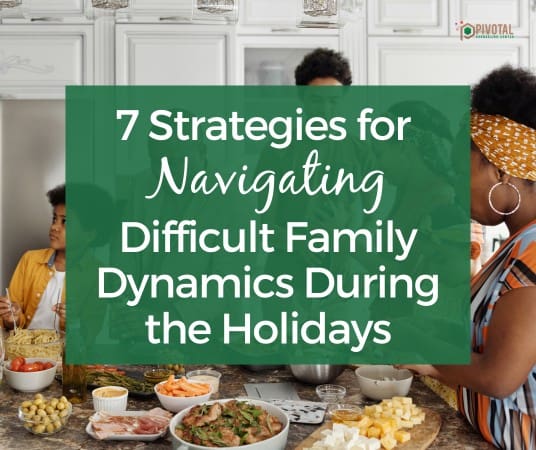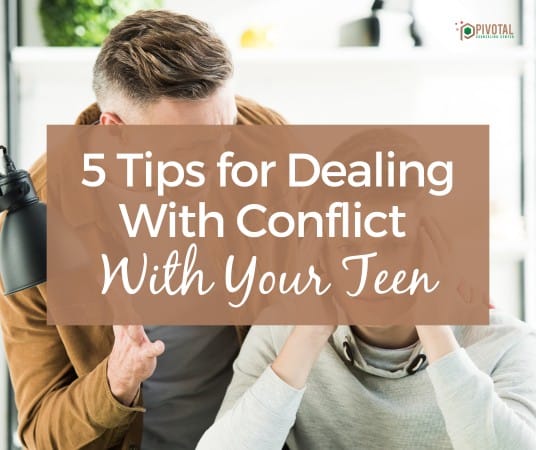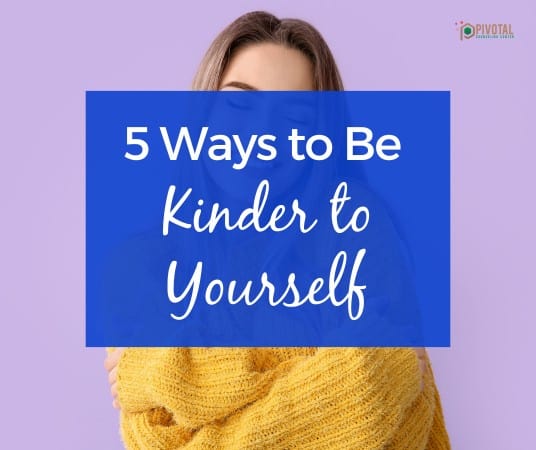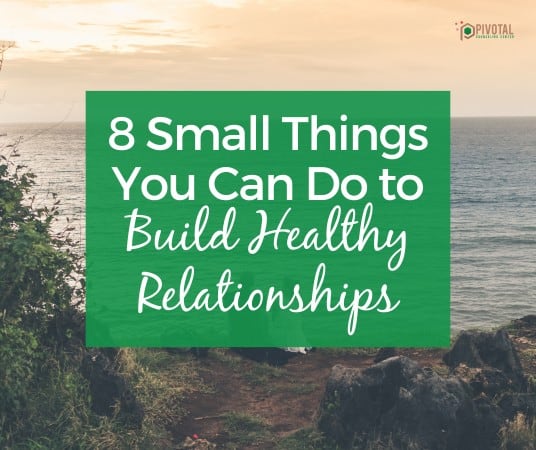
Talking with your children about drugs can be intimidating and confusing. Have you ever had thoughts like these?
- If I talk with them about drugs, will they become more curious about it and try them?
- I don’t know what I am talking about. Where do I begin?
- They will ask me if I have ever done drugs, then what do I do?
- How old do they have to be before I start talking to them?
- Their school talks about drugs, so do I really need to?
If this sounds like you, don’t worry. You are not alone! Let me answer the questions above to help you understand how to talk to your children about drugs.
If I talk with them about drugs, will they become more curious about it and try them?
Here is the deal. If you choose to stay silent about drugs, know that others are already telling them about drugs. Whether it be in our TV and movies, through friends at school, or other adults in their life, someone is either talking directly to your child or they are learning through observing. I, for one, would rather have my voice in that mix. If you bring up drugs in regular conversation and appear open to discussing the drug’s impact and what the consequences of the use are, then your child will know that you are informed, you care, and you are available to talk about it if they have questions.
I don’t know what I am talking about. Where do I begin?
You need to dig in and do some research. The drugs that were around when you were young are probably still around, but they may have some other names or may be mixed in different ways. There are many new drugs or ways to get high from things around the house. Find out what is popular for your child’s age range. You need to learn how people feel on the drug, what it looks like, what the nicknames are, and what the physical, psychological and legal consequences of using it could be. Check out this link to get educated on different drugs: http://kidshealth.org/en/parents/drugs-information.html
They will ask me if I have ever done drugs, then what do I do?
This is a tricky one for people who have and have not done drugs. If you have, then you will face feeling like a hypocrite. I think it is up to the individual to decide how they are going to handle answering that question, but I encourage honesty. The honest approach includes sharing that you did drugs, but also includes the reasons you decided to stop. Highlight how you ended up getting into the situation in the first place, and why you decided to stop. Try to turn the conversation into an opportunity to share the information you have now, as an adult, and explain that is why you want to talk with them and have an open dialogue about drug use in the first place.
If you have not used drugs, then you have set a good example. However, you may make yourself seem unapproachable if your child has already experimented or is thinking about experimenting with drugs. Make sure you focus on the reasons you decided to stay away from drug use. Highlight your motivations and the consequences you were fearful of. Share some of your experiences of considering using, seeing others use, and being in sticky situations. This will help your child be prepared.
How old do they have to be before I start talking to my kids about drugs?
Now, within reason. If you have very young children, then focus on educating your children about medicines that are used around the house. When you give your child tylenol, educate them about why you are giving it to them. An easy opportunity is to talk about cigarettes. Cigarettes are in movies and tv shows and may be used by a family member. Take that opportunity to discuss the hazardous effects of smoking. Make sure you use language they can understand. Don’t dumb it down if you have an older child, because they will just shrug it off as something they have heard before.
I suggest having conversations with your children about drugs between the ages of 8-12. This depends on your child, whether or not they are exposed to drugs in their homelife or neighborhood, and when you feel they are ready. Between 8-12 they should have heard of drugs or already know people who use them. Often, your child’s school will have discussed drugs by then. Consider getting involved with the school to learn more and show your child that you care. After the age of 13, most children know about drugs and know kids who have used or are regularly using drugs. Educate them, prepare them for situations they will be in, and encourage them to have open communication with you about drugs. Use opportunities ,when they arise, to ask your children about drugs at school.
Their school talks about drugs, so do I really need to?
School programs for drug prevention have not always led to a reduction in drug use. As a parent, it is your responsibility to talk with your children, educate them, and to be an active voice in their mind when they are faced with an opportunity to use drugs. While many young people experiment with drugs, some of them end up with a real drug problem that can impact their grades, their social circle, their physical and emotional health, and potentially lead to legal and financial consequences that will fall on you. Educating your child means that you have to get educated too. This could allow you to catch things before they become problematic.
Here are some tips for making a plan with your child:
Role play
Don’t call it a role play! Your child will likely roll their eyes at you and walk out of the room! Chat with your child about situations they think could happen and share your input too. What happens if someone approaches your child and offers them a drug? What happens if they have a crush on someone that uses drugs? What happens if everyone else is doing it? Asking these questions allows your child to practice what he or she will say and do.
Make a contract with your child
What will happen if they are caught using drugs? What will happen if they allowed someone to use drugs while they were driving? What will happen if they get in the car with someone under the influence? Don’t just think about your child’s consequences. This is your chance to show them the situations that are dangerous and to offer an alternative. An alternative could be to offer to pick them up anytime, anywhere! Also, think about natural consequences that could occur, such as not being able to play a school sport if they are caught, missing out on other school activities, getting a fine, losing their license, etc.
The most important part is being open and willing to discuss things with your child where they feel safe and unjudged. If your child does admit to using a drug, do not automatically go into punishment mode. Discuss the situation, how they feel about it, why they did it or are currently doing it and make a plan. That plan should have consequences, but it should be logical ones that fit the situation. For instance, if they did it a few times because of peer pressure, then you may consider not allowing them to hang out with those friends and boosting their self-esteem by getting them involved in something else with other people. Always thank your child for their honesty and let them be a part of the solution. Good luck!
Pivotal Counseling Center has therapists with a variety of specialties. We have locations in Woodstock, Illinois, and Lake in the Hills, Illinois. If you are in need of someone to help, please consider giving us a call at (815) 345-3400.
Pivotal Counseling Center is now accepting Medicaid including Blue Cross Community Medicaid, Meridian Medicaid, and Molina Medicaid for outpatient counseling.


